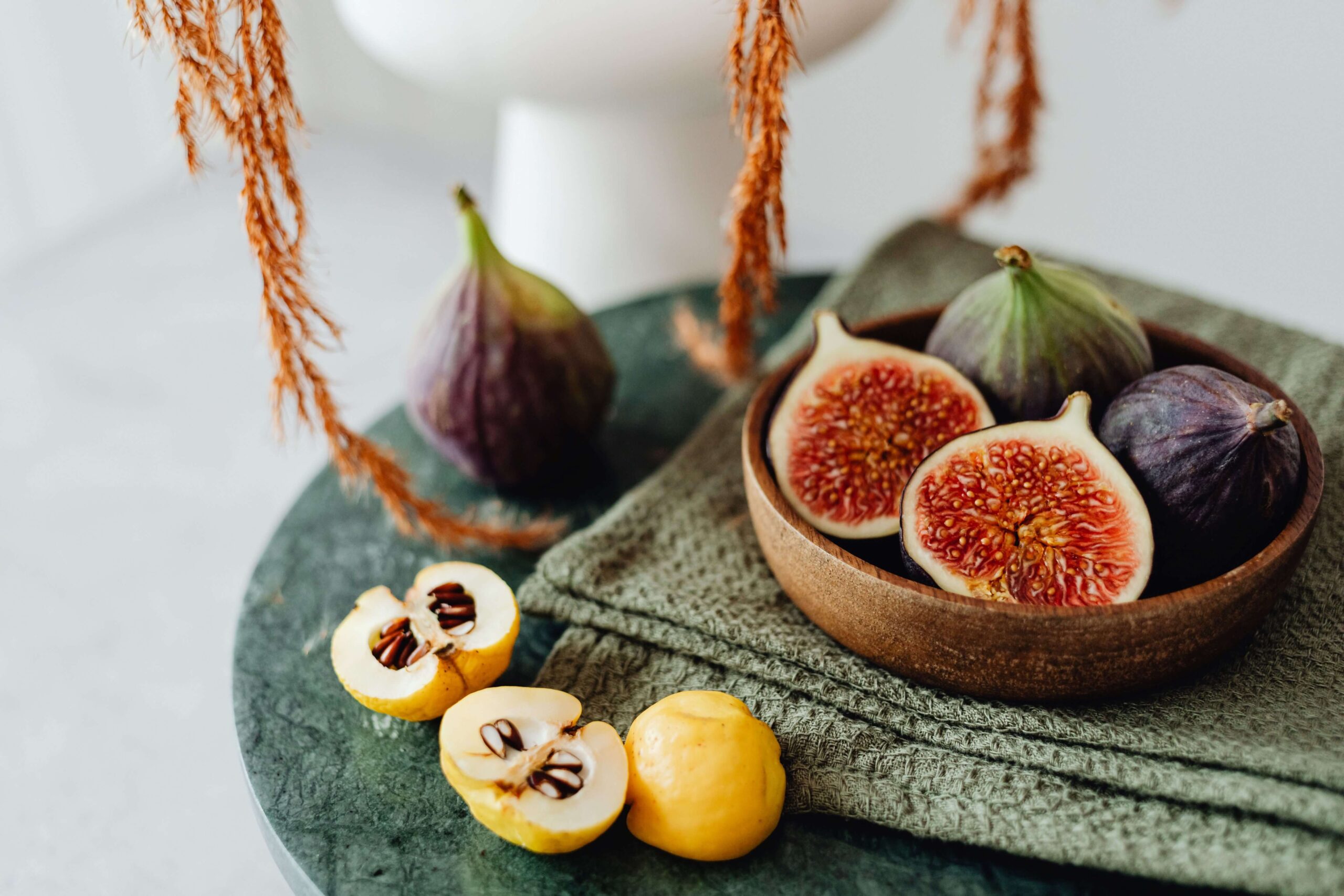Reduce Menopause Symptoms Naturally
An increasing number of women are turning to complementary and alternative therapies to help manage menopause symptoms, with estimates ranging from 40% to over 70% of women in the peri- and postmenopausal period.
As women usher towards peri-menopause and menopause, your body goes through a transition where the ovaries produce less of the hormones – estrogen and progesterone. Without these hormones, your periods become more erratic and eventually stop. You are officially in menopause when you have been without a period for 12 months. The average age when Australian women go into menopause is 51. The physical changes that occur in menopause can begin as early as age 40, or may not start until your late 50s.
As menopausal women face fluctuating levels of estrogen and progesterone, they will likely experience symptoms including hot flashes, insomnia, depression, breast pain, and mood swings.
In addition, women going through menopause are at a higher risk of several diseases including osteoporosis, obesity, heart disease, dyslipidemia and metabolic syndrome.
To support you through the change of life, here is a list of 12 natural ways to reduce the symptoms associated with menopause.
1. Menopause Weight Gain
It’s common to gain weight during menopause, and can be due to the hormonal changes, aging, lifestyle and genetics. Gaining excess body fat, especially around the waist, increases your risk of developing diseases such as heart disease and diabetes.
Excess body weight can also heighten menopause symptoms such as hot flashes and night sweats, therefore weight loss becomes more significant in later life.
2. Eat Lots of Fruit and Vegetables
A diet rich in fruits and vegetables can help prevent a number of menopause symptoms.
Fruits and veggies are low in calories and can help you feel full, so they’re great for weight loss and weight maintenance. They may also help prevent a number of diseases, including heart disease, diabetes and bone loss.
Heart disease risk increases after menopause and is thought to be due to weight gain, aging and estrogen decline.
3. Avoid Trigger Foods
Certain foods and drinks can trigger hot flashes, night sweats and mood swings. This includes caffeine, alcohol and sugary or spicy foods. If you feel that particular foods trigger your menopause symptoms, keeping a symptom diary can help identify the association, then allowing you to minimise or avoid them.
4. Reduce Refined Sugar and Processed Foods
Diets high in processed foods and refined carbs are associated with a higher risk of depression and worse bone health in postmenopausal women. A diet high in refined carbs and sugar can cause sharp rises and falls in blood sugar, making you feel tired and irritable.
5. Eat Foods high in Calcium and Vitamin D
Hormonal changes during menopause can increases the risk of osteoporosis. Calcium and vitamin D are linked to good bone health, so it’s important to get enough of these in your diet.
Many foods are rich in calcium such as dairy products like milk, yogurt, and cheeses. Green leafy vegetables such as kale, collard greens and spinach are high in calcium also. It can also be found in beans, tofu, sardines and other foods.
Sunlight is your best source of vitamin D, since your skin produces it when exposed to the sun. However, as we age our skin becomes less efficient at producing it. If you aren’t out in the sun much or if you cover up your skin, either taking a supplement or increasing food sources of vitamin D can help. Dietary sources include oily fish, eggs, cod liver oil and foods fortified with vitamin D.
6. Eat More Foods That Are High in Phytoestrogens
Phytoestrogens are naturally occurring plant compounds that can mimic the effects of estrogen in the body, therefore, they may help balance hormones. A study found that high soy diets were associated with lower cholesterol, blood pressure and severity of hot flashes.
Foods rich in phytoestrogens include soy products, tofu, tempeh, flaxseeds, linseeds, sesame seeds and beans.
7. Eat Protein-Rich Foods
As we age our bodies start to lose lean muscle mass, therefore a regular intake of high-quality protein is important to help slow down muscle loss. In addition to helping prevent muscle loss, high-protein diets can also help with weight loss because they enhance fullness and increase the amount of calories burned.
Foods rich in protein include meat, fish, eggs, legumes, nuts and dairy.
8. Eat regular meals
Eating regular meals may be important when you’re going through menopause. Irregular eating may make certain symptoms of menopause worse, and may even hinder weight loss efforts.
A year-long weight management program for postmenopausal women found that skipping meals was associated with 4.3% less weight loss.
9. Keep well hydrated
During menopause, women often experience dryness. This is likely caused by the decrease in estrogen levels. Drinking water can also reduce the bloating that can occur with hormonal changes.
Drinking 8–12 glasses of water each day may help with these symptoms.
10. Exercise Regularly
There is evidence that regular exercise improves energy and metabolism, bones and joint function, reduced stress and better sleep. A study found that exercising three hours per week for one year improved physical and mental health and overall quality of life in a group of menopausal women.
Regular exercise is also associated protection against diseases including heart disease and high blood pressure, stroke, cancer, type 2 diabetes, obesity and osteoporosis.
Regular exercise is beneficial in alleviating menopause symptoms such as poor sleep, anxiety, low mood and fatigue. It can also protect against weight gain and various diseases and conditions.
11. Find ways to reduce stress
Making time to relax is always important for mental health, particularly during menopause as stress can exacerbate many menopausal symptoms. Finding time for a hobby, practising mindfulness and joining yoga classes can help calm the nervous system, slowing down the mind.
12. Supplements for Menopause
Many women take natural products and remedies to relieve their menopause symptoms.
Here are the most common natural supplements for reducing symptoms of menopause:
- Magnesium is an effective treatment for menopause and peri-menopause, improving mood, sleep and hot flashes
- Cynanchum wilfordii, Phlomis umbrosa, and Angelica gigas extracts have all been demonstrated to exert phytoestrogenic activity
- Black Cohosh – Although the exact mechanism by which black cohosh relieves menopausal symptoms is unknown, several hypotheses have been proposed
- Red Clover & Soy Isoflavones have demonstrated to exert estrogenic activity
- Vitex agnus castus helps to normalise progesterone levels and provides relief from somatic symptoms
Menopause is a natural part of life. Although symptoms can be difficult to deal with, eating the right diet and exercising regularly may help alleviate and prevent them.
Experiment with the tips above to make your time during menopause and beyond easier and more enjoyable.
Take Action Today
Purely Wellness provides functional testing and dietary support for improving gut function, mental health and overall wellbeing. If you’re struggling with menopause symptoms and seek safe and effective support, take the first step towards a healthier, happier you. Book a consult here now! Your journey to an easier menopause starts here.
REFERENCE
Monteleone, P., Mascagni, G., Giannini, A. et al. Symptoms of menopause — global prevalence, physiology and implications. Nat Rev Endocrinol 14, 199–215 (2018). https://doi.org/10.1038/nrendo.2017.180
Hardcastle, A. C., Aucott, L., Fraser, W. D., Reid, D. M., & Macdonald, H. M. (2011). Dietary patterns, bone resorption and bone mineral density in early post-menopausal Scottish women. European journal of clinical nutrition, 65(3), 378–385. https://doi.org/10.1038/ejcn.2010.264
Pérez-López FR, Chedraui P, Pilz S. Vitamin D supplementation after the menopause. Therapeutic Advances in Endocrinology and Metabolism. 2020;11. doi:10.1177/2042018820931291
Mansikkamäki, K., Raitanen, J., Malila, N., Sarkeala, T., Männistö, S., Fredman, J., Heinävaara, S., & Luoto, R. (2015). Physical activity and menopause-related quality of life – a population-based cross-sectional study. Maturitas, 80(1), 69–74. https://doi.org/10.1016/j.maturitas.2014.09.009
Washburn, S., Burke, G. L., Morgan, T., & Anthony, M. (1999). Effect of soy protein supplementation on serum lipoproteins, blood pressure, and menopausal symptoms in perimenopausal women. Menopause (New York, N.Y.), 6(1), 7–13.
Davy, B. M., Dennis, E. A., Dengo, A. L., Wilson, K. L., & Davy, K. P. (2008). Water consumption reduces energy intake at a breakfast meal in obese older adults. Journal of the American Dietetic Association, 108(7), 1236–1239. https://doi.org/10.1016/j.jada.2008.04.013
Kronenberg, F., & Fugh-Berman, A. (2002). Complementary and alternative medicine for menopausal symptoms: a review of randomized, controlled trials. Annals of internal medicine, 137(10), 805–813. https://doi.org/10.7326/0003-4819-137-10-200211190-00009
Kanadys, W., Barańska, A., Błaszczuk, A., Polz-Dacewicz, M., Drop, B., Kanecki, K., & Malm, M. (2021). Evaluation of Clinical Meaningfulness of Red Clover (Trifolium pratense L.) Extract to Relieve Hot Flushes and Menopausal Symptoms in Peri- and Post-Menopausal Women: A Systematic Review and Meta-Analysis of Randomized Controlled Trials. Nutrients, 13(4), 1258. MDPI AG. Retrieved from http://dx.doi.org/10.3390/nu13041258

Miriam is an online Naturopath and Nutritionist with a special interest in helping women transition perimenopause and menopause with ease.





Comments +